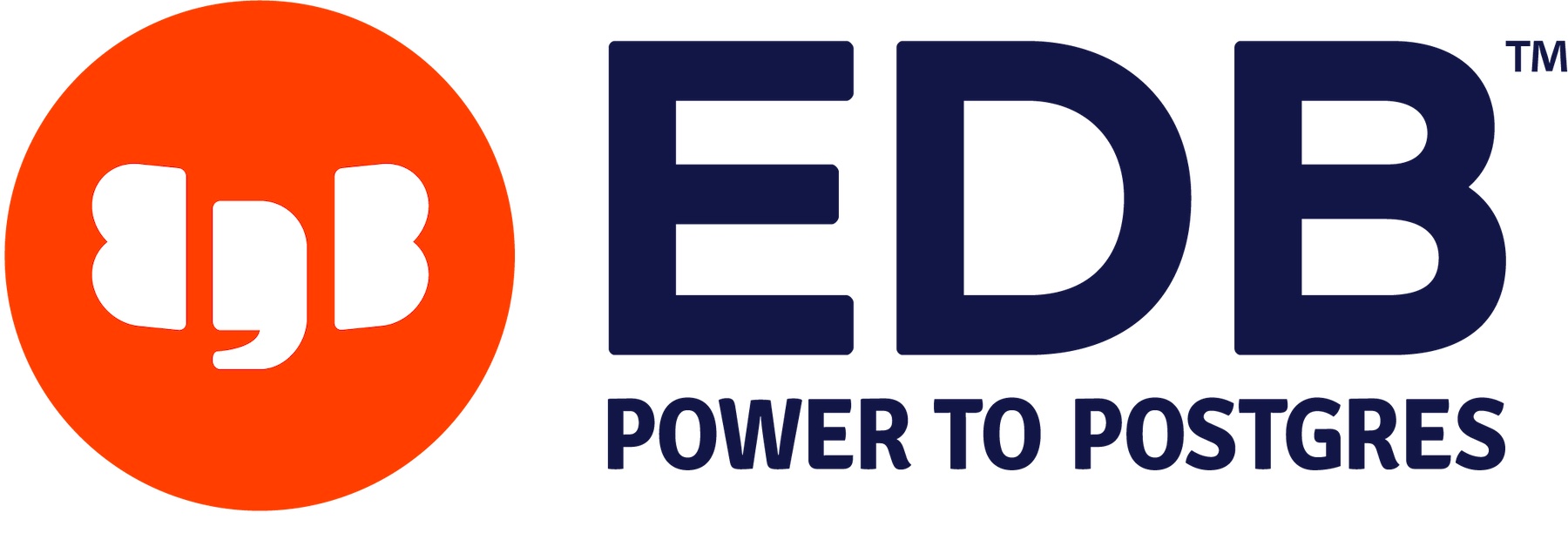
Open source software is about code. But it’s also about relationships. The open source model thrives when there is trust among the community of maintainers, contributors, and consumers, be they individuals, small companies, or publicly traded giants.
As a user and supporter of open source software, Intel recognizes not only the benefits of open source, but its responsibilities to the community. The Linux operating system is a prime example.
Linux and its variants power much of our modern technology infrastructure, from mobile devices to cloud infrastructure to supercomputers. Intel benefits by ensuring its products are well-suited to support Linux. That’s one reason why Intel is the number-one contributor to the Linux kernel, as measured by either lines of code or changesets.
Intel’s commitment to open source isn’t limited to Linux. For instance, the chipmaker has developed technologies internally that it has then released as open source projects. One example is the Data Plane Development Kit (DPDK), which accelerates packet processing functions on general-purpose compute hardware. Such a technology benefits Intel because its CPUs can be used for network and security functions such as routers, load balancers, and firewalls, which creates new markets for Intel chips.
But rather than keep DPDK in-house, Intel released the technology as an open-source project. By doing so, Intel made the technology available to competitors. However, it still reaps benefits because improvements made by the wider community flow into the code base, which Intel can leverage. It also creates momentum in the market for third parties to build technologies and products that leverage DPDK, which in turn may use Intel hardware in those products.
Other open-source projects developed originally by Intel include Kata, the ACRN hypervisor, and open-source languages and libraries for oneAPI.
Intel also supports a swath of other open-source projects through code contributions and developer resources. For example, Intel’s GitHub has more than 700 repos including open source drivers, Kubernetes plug-ins, and more.
Intel is a leading contributor to the Chromium project that underpins popular Web browsers. Hundreds of Intel employees dedicate their time to maintaining open-source projects on behalf of Intel and the wider community.
Open Source Benefits
“We view open source as a lever of growth and innovation,” says Gavin Hindman, Director, Software Strategy, Intel. There are several reasons for this.
First, the open-source development model provides economies of scale that Intel–or any other company–couldn’t get on its own. An estimated 40 million developers are participating in open-source projects, a workforce that no single corporate entity could sustain by itself.
Open source enables the community to experiment with new ideas, run proofs of concept, and pivot quickly on projects. Open source also operates on a level playing field because it’s built on open standards and operates under a neutral governance structure.
These aspects of open source mean that, as a community participant, Intel can expose the value of its own offerings, and take advantage of new developments across the technology stack.
Trust Must Be Earned
Intel has been a part of the open-source community for decades, starting with the GNU compiler in 1989. Intel was also an early investor in Red Hat and co-founded the organization that would eventually become the Linux Foundation, which is the governing body that oversees more than 300 open source projects, including Linux. Intel is currently a Platinum member of the Linux Foundation.
Intel’s contributions to open source are necessary to maintain trust with the community. That’s because the relationship between the community and corporate entities can be fraught. For-profit companies are sometimes regarded as wanting only to extract from open-source projects without putting much back, or to exert influence on a project to steer it in a direction that would most benefit the corporation.
The fact is, the open-source model can break down. Individuals or companies can decide to take open source software in a different direction or exert their own control over it by forking a project. Sometimes, essential projects get little or no support from for-profit companies that rely on the software. Some projects are maintained by the exhaustive effort of a single contributor or a small handful of volunteers.
Intel recognizes the value it gets from open source software, and also understands that if it just acted for its own benefit, community trust would erode.
“If you are just coming in and wanting to drop code and run away, it’s generally viewed with distrust,” says Hindman. “As a corporate contributor, we try to work within and on behalf of the community as much as possible.”




